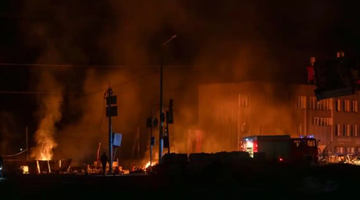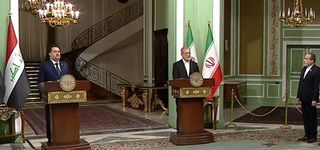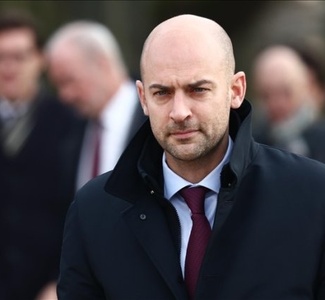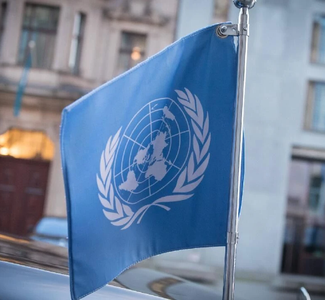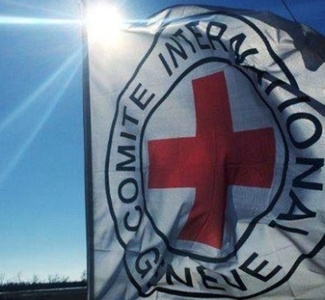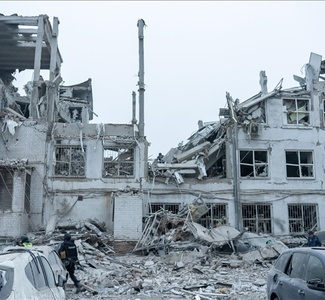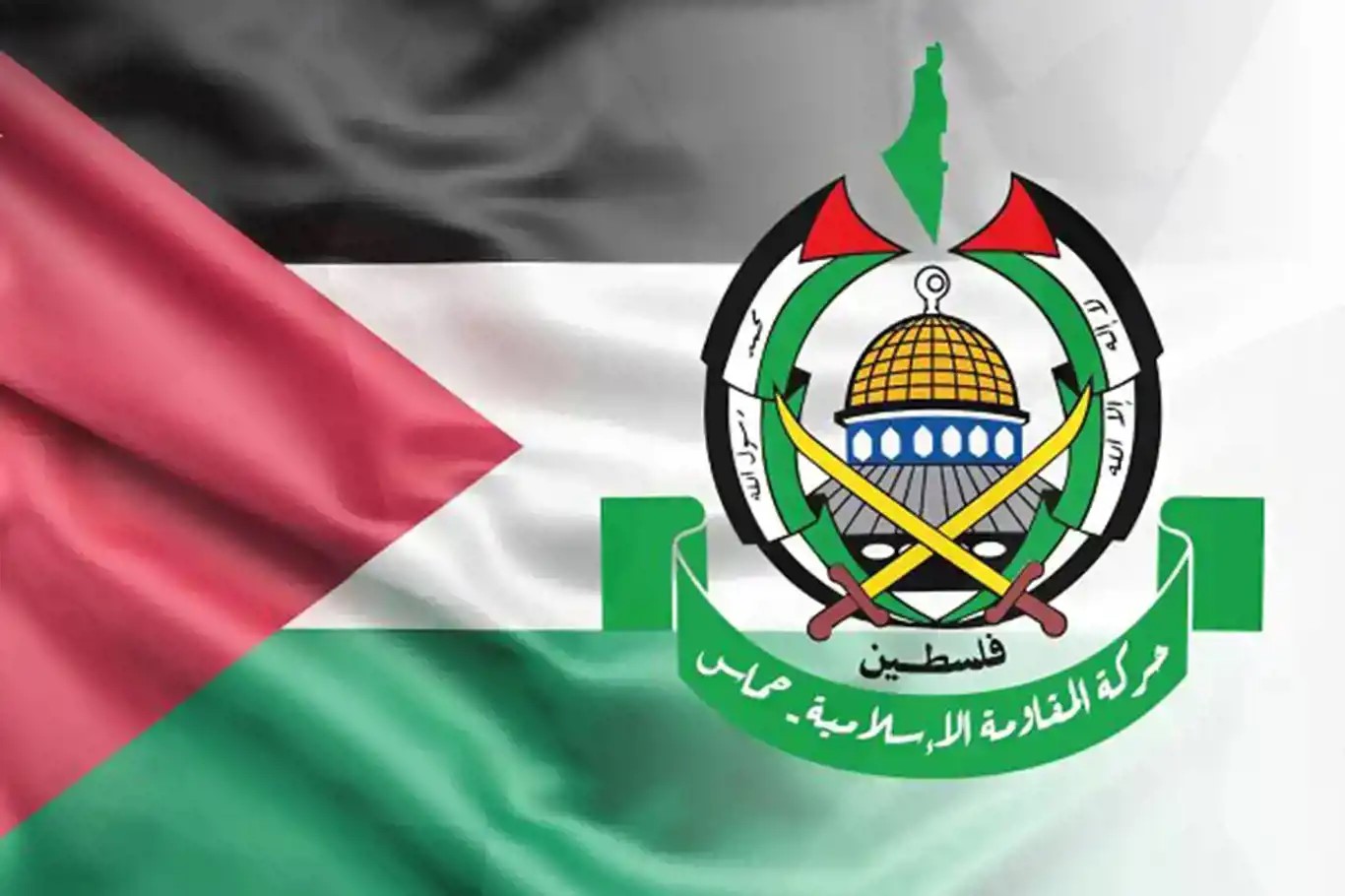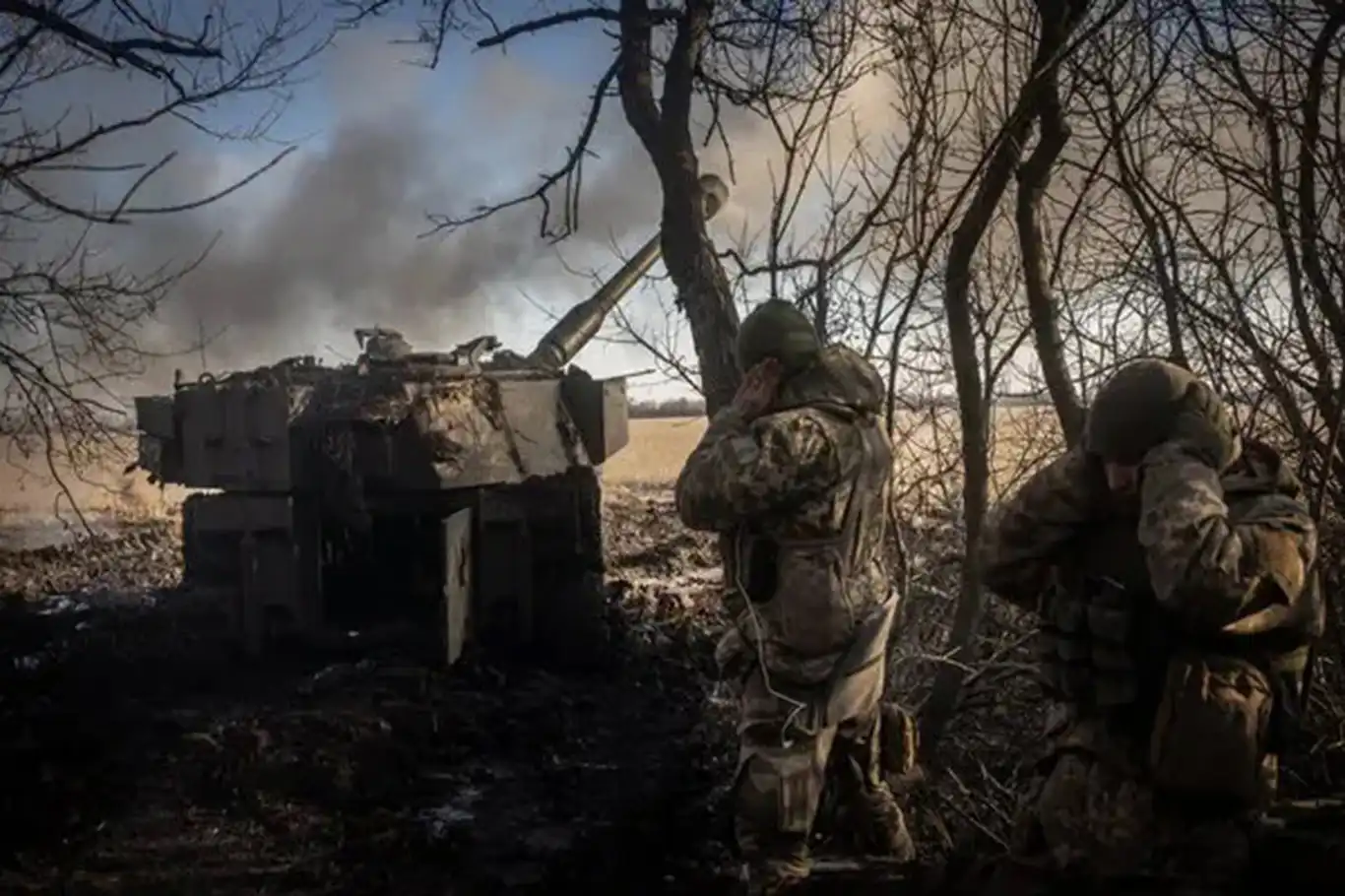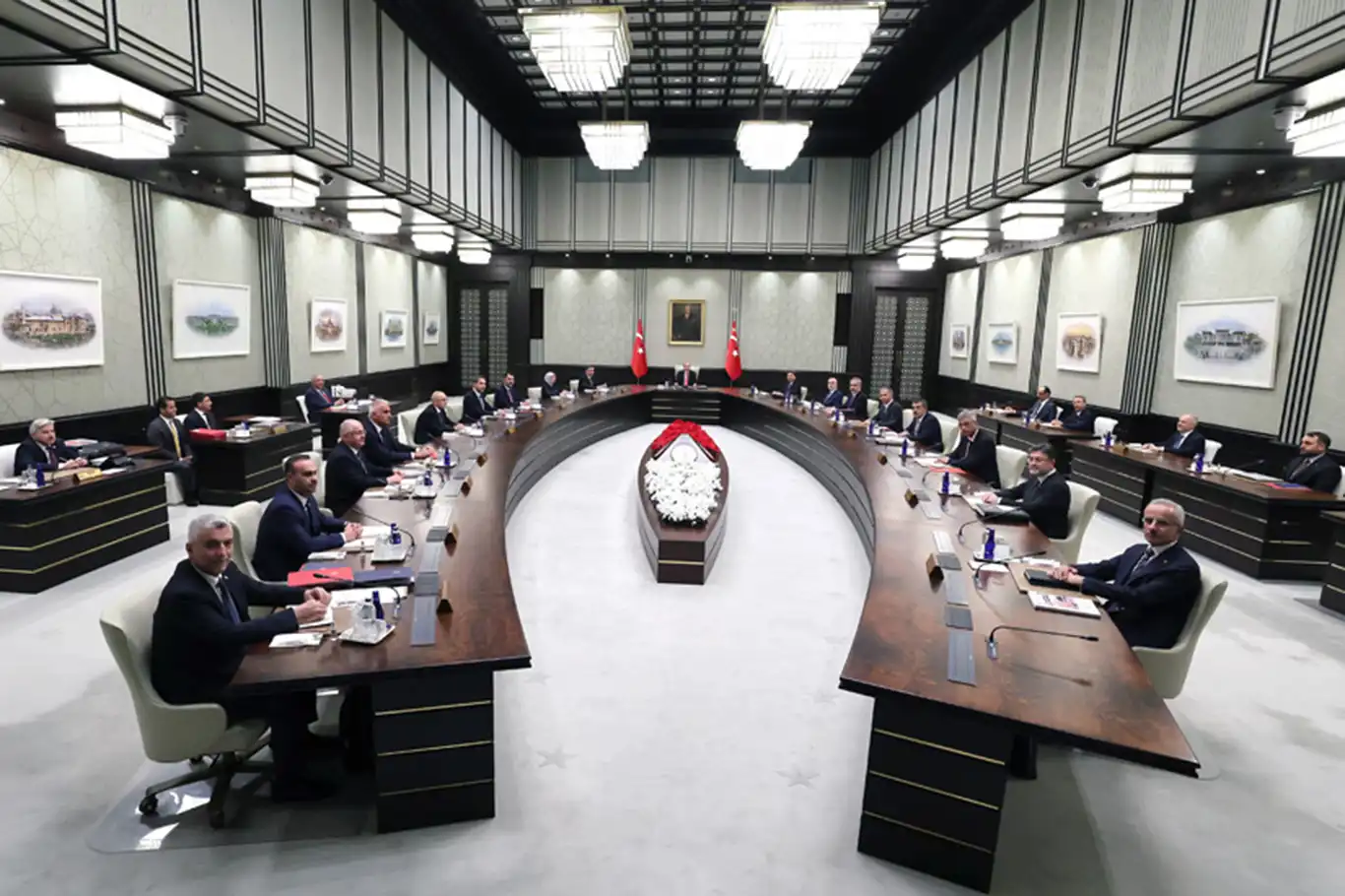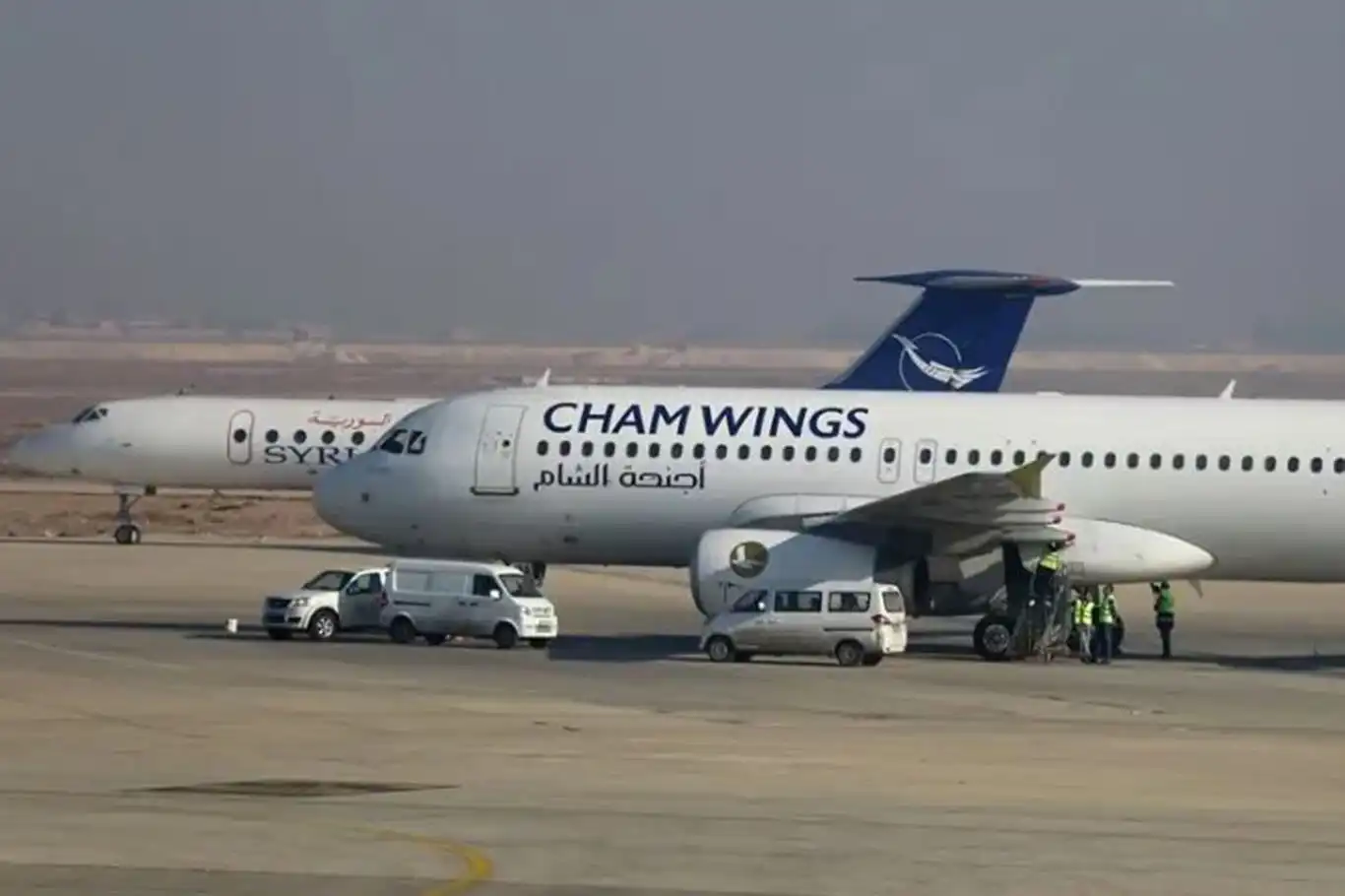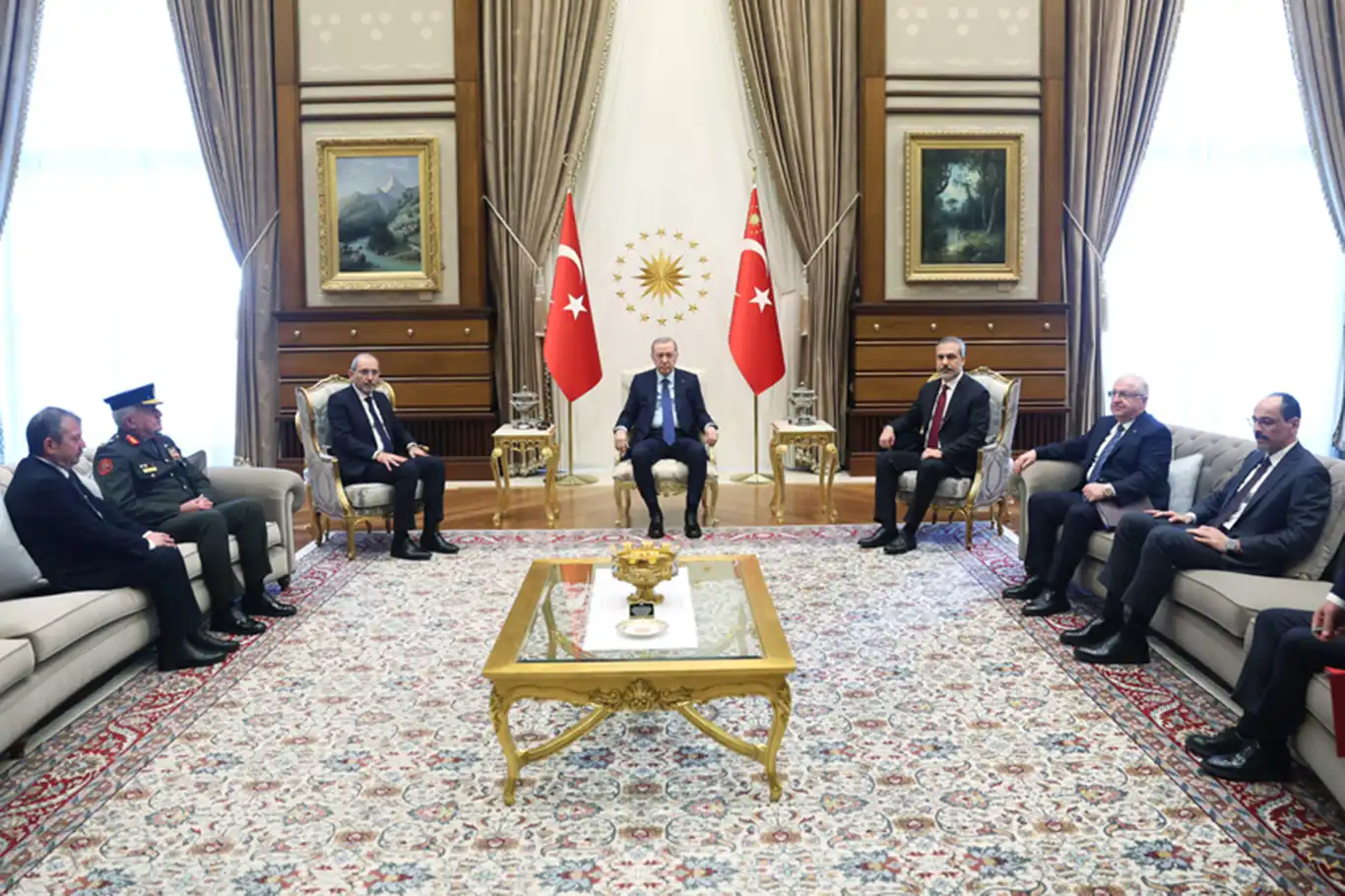Libya's oil production plummets by 63% amid ongoing political conflict
Libya's National Oil Corporation (NOC) announced on Friday that ongoing oilfield closures have slashed the country’s oil production by approximately 63% as the conflict between rival eastern and western factions intensifies.
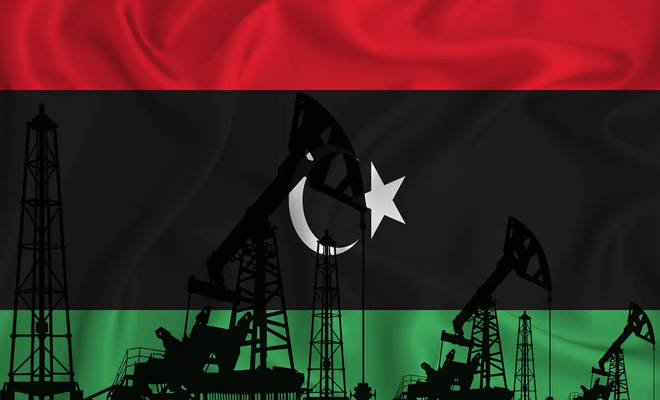
 Google News'te Doğruhaber'e abone olun.
Google News'te Doğruhaber'e abone olun. The oil blockade, primarily driven by eastern leaders, has escalated in response to the replacement of the central bank governor, a key figure in the control of Libya's vital oil revenues. Eastern factions have demanded that western authorities reverse the decision to remove Sadiq Al-Kabir, the veteran central bank governor, a move that has exacerbated tensions in the politically divided country.
Libya, a major oil producer, has been fractured between eastern and western factions, with external backing from countries like Turkey and Russia. The NOC emphasized that the oil sector is the backbone of the Libyan economy and warned that restarting the halted oilfields would require significant financial and technical efforts.
The NOC clarified that the reasons for the oil closures are unrelated to the company itself, noting that its teams are currently assessing the financial and infrastructural losses incurred. The repeated shutdowns have not only drastically reduced Libya's oil output but have also caused significant deterioration in the sector's infrastructure, undermining efforts to increase production.
Eastern factions, led by the eastern-based House of Representatives and Khalifa Haftar’s Libyan National Army, have vowed to maintain the blockade until the internationally recognized Presidency Council and Government of National Unity in Tripoli restore Al-Kabir to his post. Earlier this month, Presidency Council chief Mohammed Al-Menfi announced Al-Kabir’s dismissal, a move that has been rejected by the eastern authorities. (ILKHA)




























